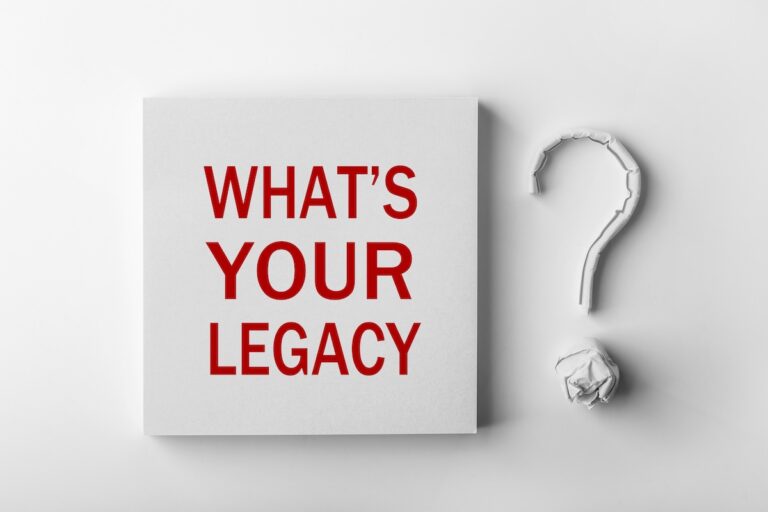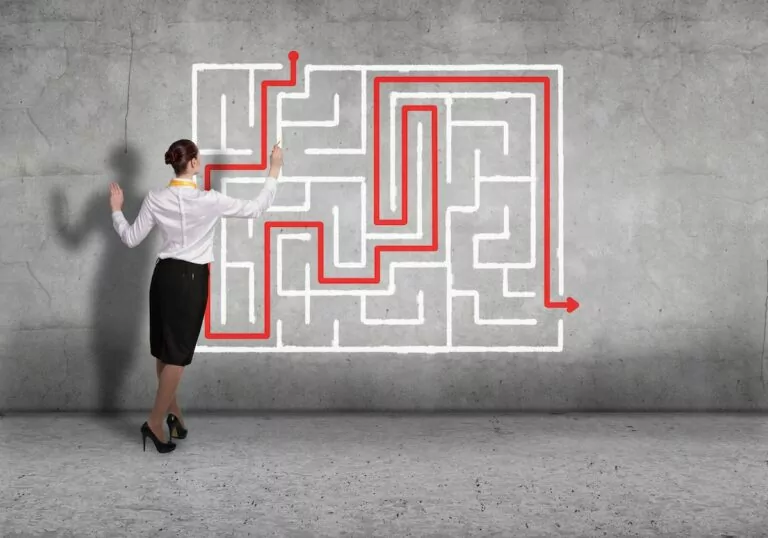I was coaching a client a few weeks ago and she was sharing her anxiety about having a performance discussion with a member of her team who she has a difficult relationship with.
I asked her a few questions about what impresses her about this member of staff, what she is good at and what she values about having her as a team member.
I noticed that she struggled to say anything positive about the individual without adding a caveat. For example, she said “She has done some brilliant pieces of work.” And then went on to say “But she doesn’t do them very often.” Equally, she said “She’s really reliable and dependable. I can completely trust her to look after things if I’m not here”. And then she discounted the statement by saying “But she’s just a plodder really”.
It strikes me that my client is not unusual. We are trained in business to deliver “constructive criticism” in a performance discussion. But we are rarely trained to give praise and compliments without caveats.
It reminded me of a story my husband told me about a performance discussion he once had with a member of staff. The gentleman in question was in his late fifties and had been in the organisation for most of his career.
After some initial pleasantries, my husband opened the performance discussion by saying “John. You make a difference to this organisation”. And before he could even go on to tell him how, the man’s eyes welled up.
That was the first time in about 30 years any manager had told him he added value to the department or the organisation. Yet isn’t that all that any of us want? To have a purpose in life and know that we make a difference?
It wasn’t a ploy that my husband was using. It wasn’t manipulation. It was genuine, heartfelt appreciation.
Many research studies have highlighted the most powerful influence on people’s motivation and engagement at work is their relationship with their immediate line manager. [Tweet “The most powerful influence on people’s engagement at work is their line manager”]
How can you show appreciation and give compliments to your employees so they know they make a difference to you and to the organisation? It might be during a performance discussion or it might be just in day to day conversation.



